IMF guides Andorra to record and monitor Bitcoin transactions
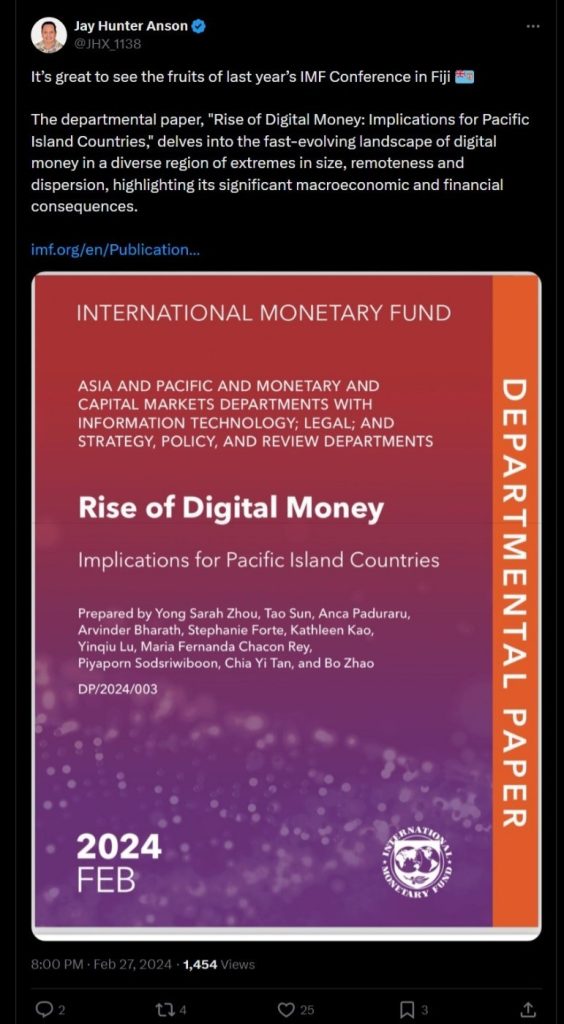
The landlocked country of Andorra sought technical assistance from the International Monetary Fund on various topics including effectively monitoring crypto assets.

The International Monetary Fund (IMF) provided technical advice to Andorra, a landlocked country bordering France and Spain, on recording Bitcoin (BTC) transactions in response to their request for assistance.
The IMF conducted a technical assistance (TA) mission in the Principality of Andorra in September 2023 with the goal of enhancing the country’s balance of payments statistics. The metric primarily deals with recording economic transactions between residents and non-residents.
Andorra — a country best known for its ski resorts and tax-haven status — required technical assistance on 56 topics, one of which was its inability to record cryptocurrency transactions. In response, the IMF report stated:
“The (IMF) mission explained the current guidance on the recording of Bitcoin-type crypto assets as well as how it will change in the next generation of the international standards.”
The country’s financial regulator, the Andorran Financial Authority (AFA), told the IMF that banks in Andorra need prior approval for recording Bitcoin and crypto asset transactions. However, no banks have requested the approval yet.

The IMF further recommended that the AFA oversee the monitoring of transactions and positions of crypto assets till September 2024. IMF’s recommendation to monitor crypto assets was given medium priority. Andorra will be able to use the information to compile its macroeconomic statistics.
Related: IMF working paper proposes country-level assessment matrix for crypto risks
A recent IMF study found that digital currencies can help Pacific Island countries (PICs) meet their unique currency needs. PICs are tiny, diverse and geographically isolated markets, which include Papua New Guinea, Fiji, Palau, Tonga, Tuvalu, Samoa, Vanuatu, Micronesia, Kiribati, Nauru, the Marshall Islands, the Solomon Islands, Cook Islands and Niue.

At the same time, the IMF warned against the use of unbacked cryptocurrencies as national currency. However, the IMF said that developing a regional approach to digital money would help mitigate problems such as scalability restraints and economic volatility.
“Some PICs are more prone to currency substitution by crypto assets and stablecoins due to weak confidence in their domestic monetary systems and the absence of other publicly supported digital assets such as CBDCs [central bank digital currencies].”
In general, the report leaned toward slow, deliberate action on digital currency while urging the island nation to hold off on its plans to introduce a central bank digital currency (CBDC), citing its unpreparedness.

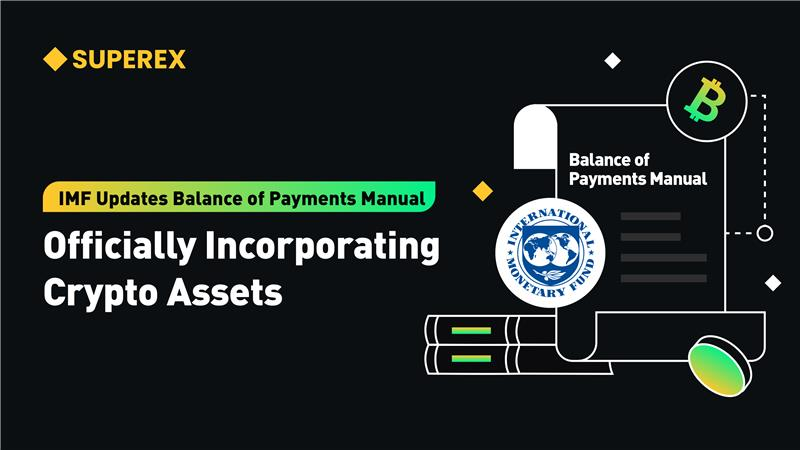
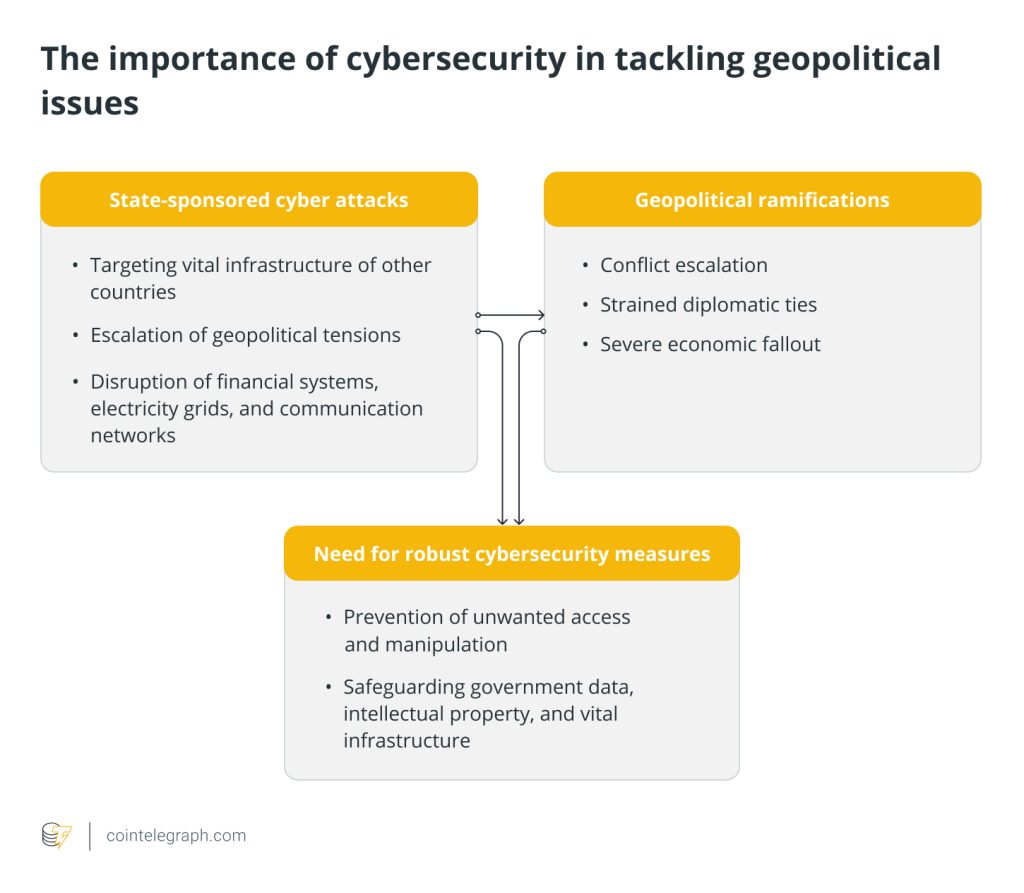
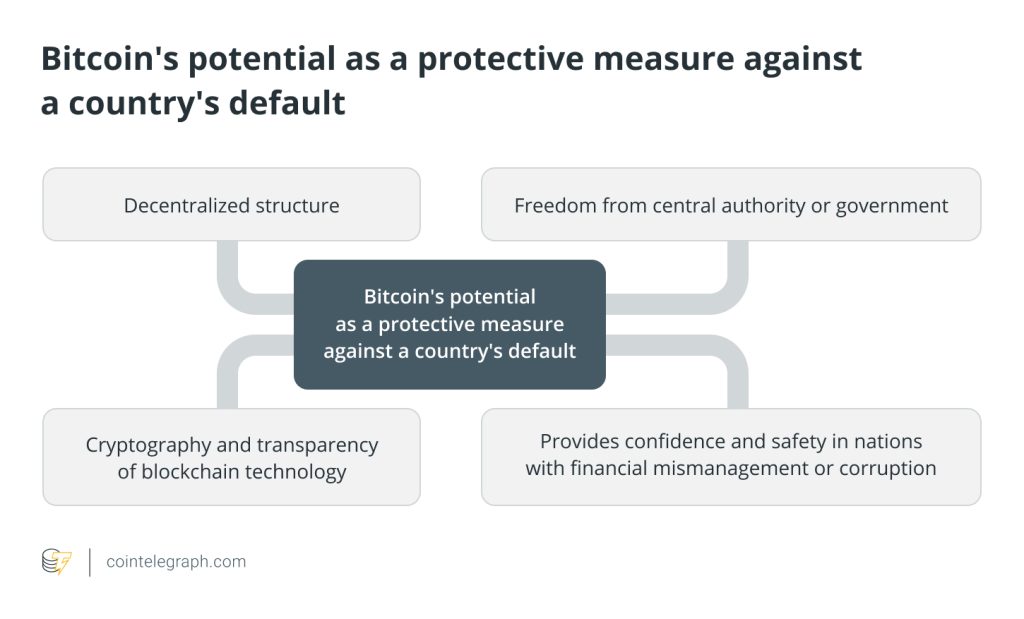
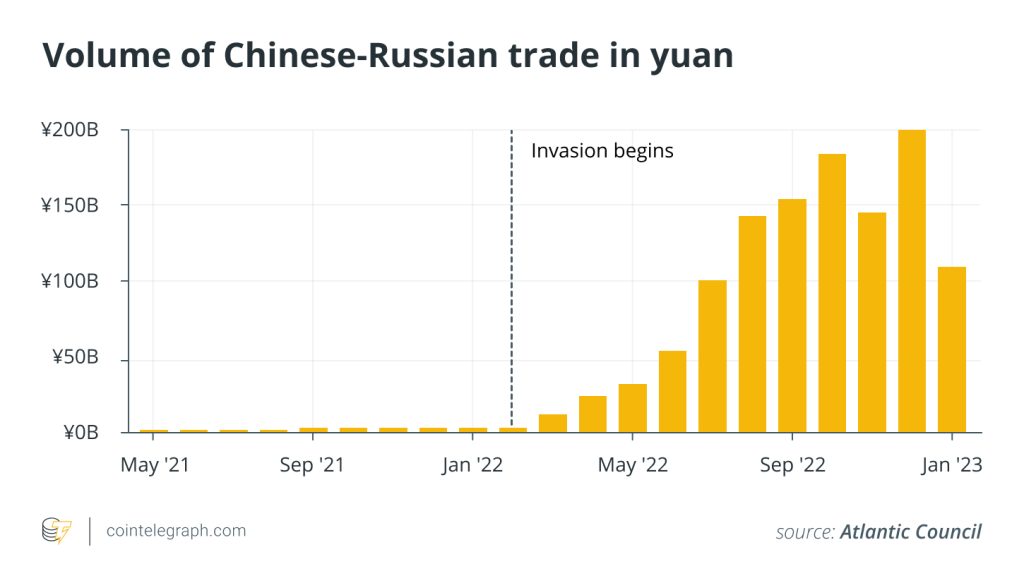
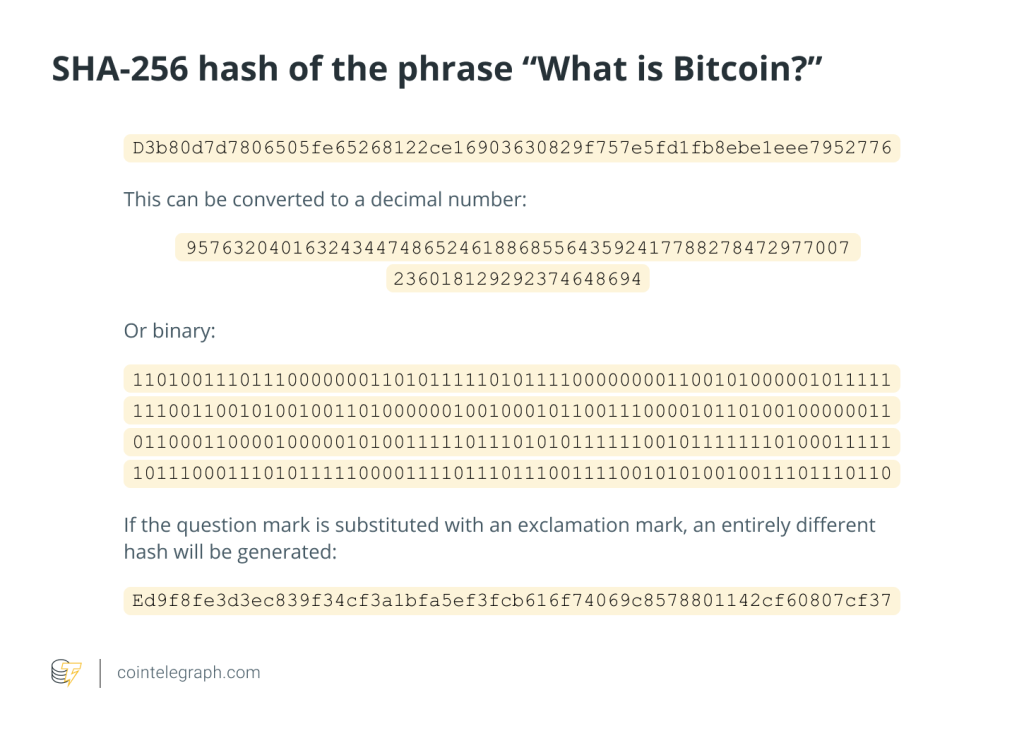
Responses